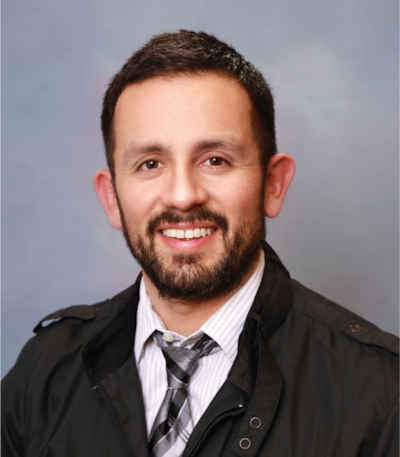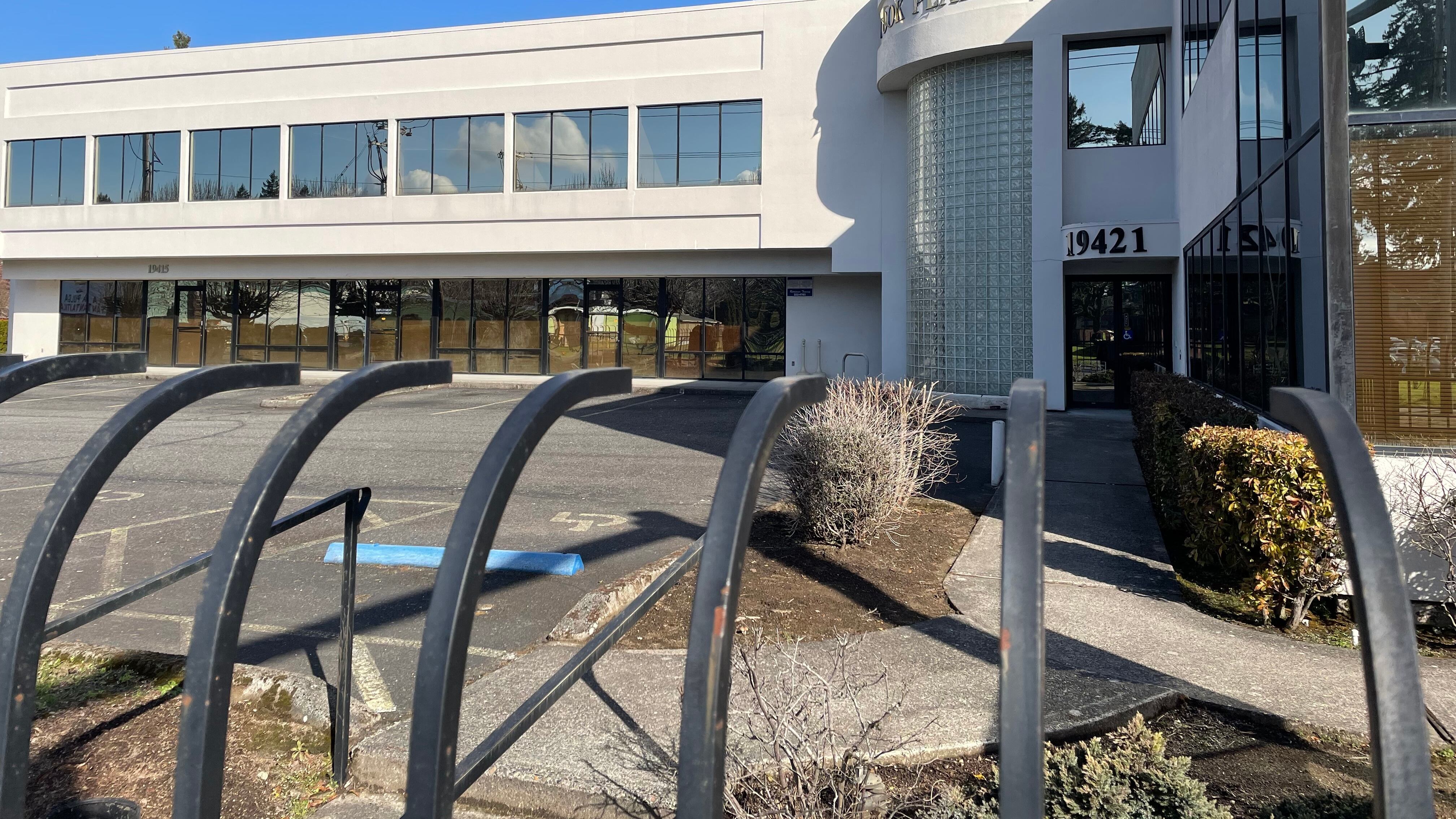In December 2022, Multnomah County purchased Cook Plaza, a 17,000-square-foot building in Gresham, to serve as a shelter for people sleeping outdoors at the county’s eastern end.
That was welcome news to Randy Lauer, the mayor of nearby Troutdale. The same month as the purchase, he and the mayors of Fairview and Wood Village—all small cities in east Multnomah County—wrote to the county Joint Office of Homeless Services, noting that although the three collectively had less than one-third of Gresham’s population of 110,000, they hosted five times as many homeless people.
“The Joint Office of Homeless Services has not been able to devote the appropriate resources to the homeless in the three cities, and east Multnomah County, and the three cities desperately need help,” they wrote, outlining a request for about $1 million collectively in annual funding.
The east county cities had reasons for optimism: Shannon Singleton, then director of the Joint Office, wrote to them in November 2022, citing “commitments I made regarding Cook Plaza and how JOHS can show up for East County.”
But the cities didn’t get the funding they requested. And since then, east county officials say, their requests for help have largely gone ignored, even as the Joint Office of Homeless Services has consistently failed to spend the money it has budgeted, leaving tens of millions of dollars sitting idle.
Adding insult to injury, Cook Plaza, the Gresham building the county purchased, still stands empty and padlocked at Southeast 194th Avenue and Stark Street.
A Multnomah County spokesman says the building has been used only 11 days, as either a cooling or warming shelter in extreme weather, since the county purchased it for $3 million.
Last month, WW reported on the difficulty the Joint Office is having spending money it gets from the Metro supportive housing services measure voters passed in 2020 (“Use It or Lose It,” Feb. 28). In the wake of that story’s publication, Joint Office director Dan Field took issue with how WW characterized his office’s progress—that through the first six months of fiscal year 2023-24, it had spent just 22% of its annual budget from the tax measure.
“Our trajectory is on a clear upswing,” Field told WW. “We’ve already spent more in the first half of this year than we spent in three quarters last year, and that pace will continue in the second half of this year.”
That defense did not mollify Lauer, who is still waiting in Troutdale for Field’s office to deliver on its promises.
And it’s not just Cook Plaza, Lauer says. It’s a failure of basic support, like assigning or funding full-time staff to help with the fleet of RVs in Wood Village or the sprawling camps that occupy large swaths of the Sandy River Delta park known as Thousand Acres.
It would be one thing, Lauer says, if Multnomah County didn’t have any money. But that’s not the case.
“We have been promised that help is on its way for years now,” he says. “When will we see an equitable share of the resources for our citizens and not just Portland nonprofits? When will our needs be taken seriously?”

Portland-area elected officials have long ignored people who live east of Mount Tabor—a history that predates the annexation of much of East Portland in the 1980s and 1990s.
But the historic neglect, reflected in a dearth of parks, sidewalks and even traffic lights, is mostly about money. This year, the Joint Office of Homeless Services has $279 million at its disposal.
While watching Cook Plaza languish, the smaller cities have asked for a direct allocation from the Joint Office so they can hire staff to provide direct services.
“Unfortunately, the requests have fallen on deaf ears, and the east county cities (except Gresham) have had to sit on the sidelines as the state, the county, and Metro award funds to nonprofits to do the work we are asking to do ourselves,” Lauer says.
Denis Theriault, a spokesman for the Joint Office, disputes the notion that his colleagues have abandoned east county. He notes that the Joint Office has built a strong relationship with Gresham, has opened four shelters between 161st and 182nd avenues, and assigned a full-time “navigator” to help coordinate services with the smaller cities.
“There has been an earnest and growing body of work in east county in recent years—with monthly meetings, more shelters, more outreach teams, and even a dedicated liaison position—as the JOHS has committed to building better relationships with those communities,” Theriault says.
Indeed, a spokeswoman for the city of Gresham told WW in an email that it is pleased with its relationship with the Joint Office. “That partnership has expanded in meaningful ways,” Sarah Cagann says, pointing to rent assistance dollars.
In Clackamas and Washington counties, which receive proportional shares of revenue from the Metro homeless services tax, officials provide direct allocations to their cities and towns.
Last year, for example, Clackamas County, which gets an allocation from the tax half the size of Multnomah County’s, set aside $5 million for towns and cities.
“We wanted to show up a little differently and spur innovation and help them with what works best for them,” says Adam Brown, Clackamas County’s deputy director of housing, health and human services.
Washington County is in the process of using some of its Metro money to fund direct positions within five of its cities—exactly what Lauer and his east Multnomah County peers have been requesting.
Related: A nonprofit that houses domestic violence survivors saw its modest funding request rebuffed.

